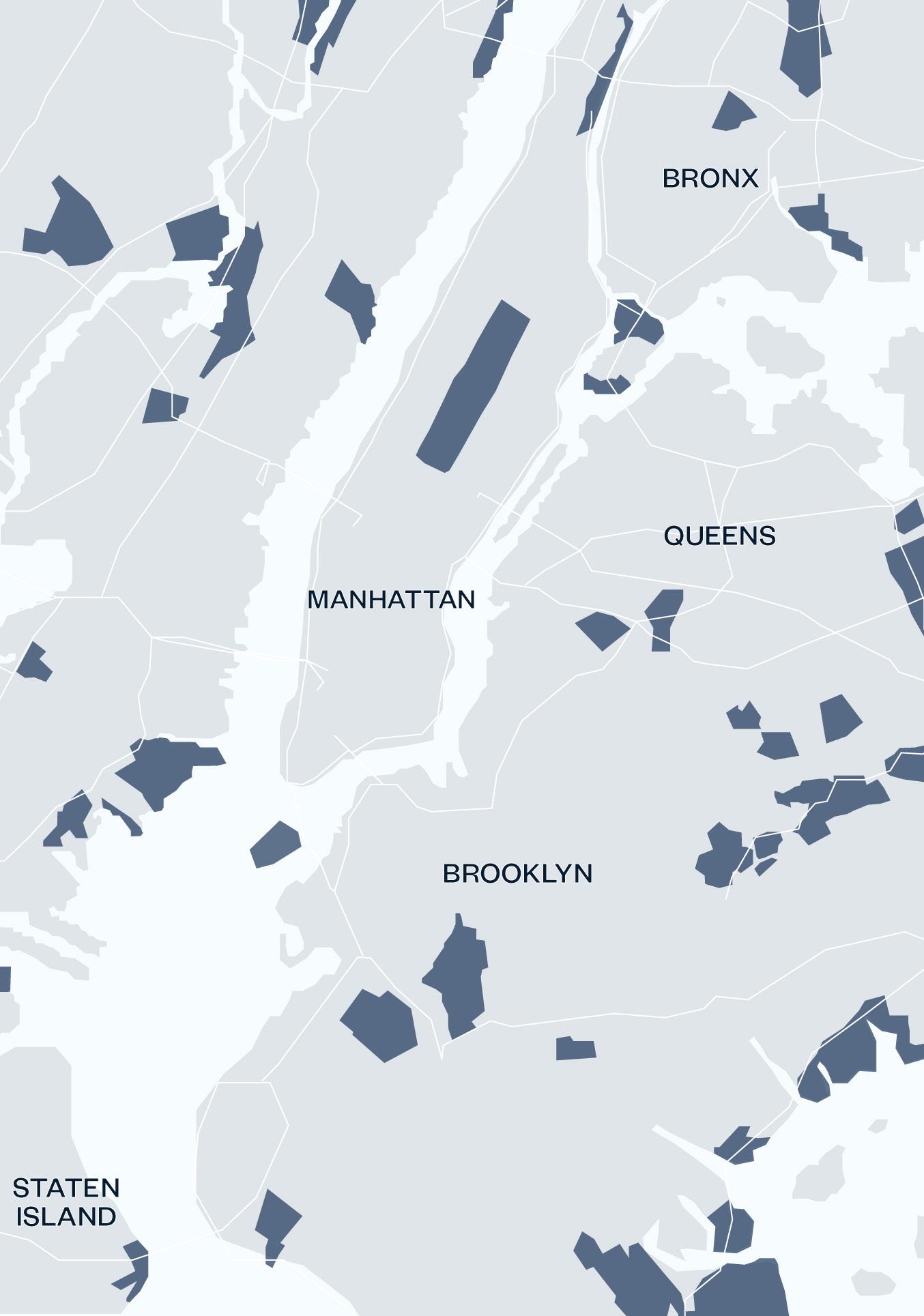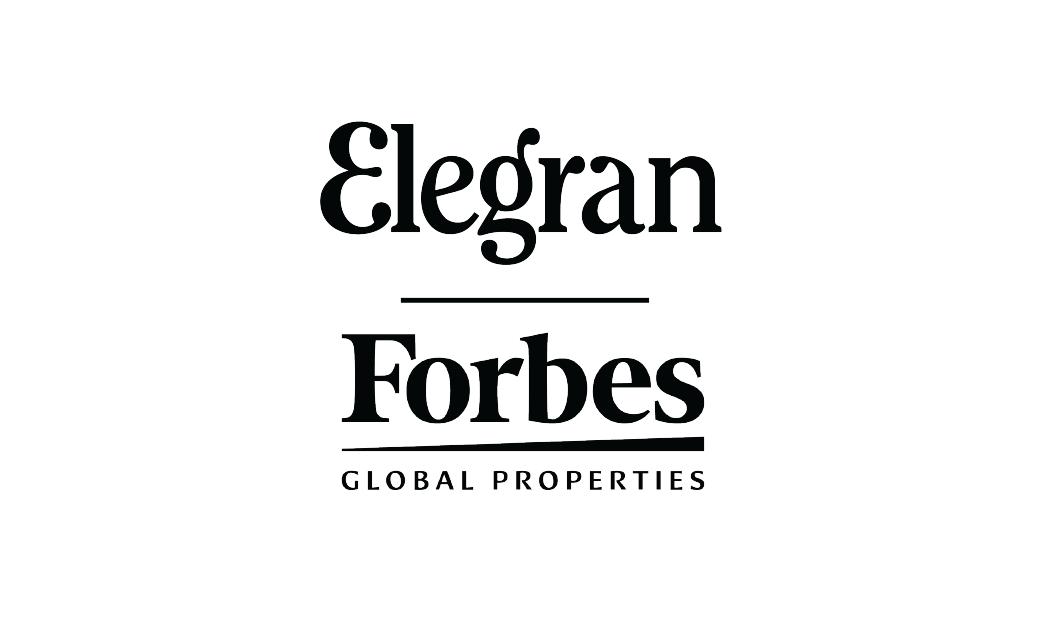

Carolyn Fox

Associate Real Estate Broker
(617) 999-4640
cfox@elegran.com
Carolyn’s clients describe her as energetic, nurturing, and wise. A 25-year on-air broadcaster, financial advisor and health insurance broker, Carolyn embodies exceptional communication skills and discretion in all stages of buying, selling or investing in real estate.
Carolyn is an expert at helping families with complicated real estate transactions resulting from impactful life events. Her clients and colleagues describe Carolyn as an “Olympiad” who works tirelessly to exceed her customers’ expectations. Loyal, candid and practical, Carolyn’s dedicated client base refers most of their friends, family and business associates when their intricate real estate transactions need to be skillfully executed. Originally from Providence, Rhode Island, Carolyn fell in love with Manhattan decades ago while visiting her family on the Upper East Side. She was graduated from Brown University with a Bachelor’s degree in History, and ultimately made New York her home. Carolyn has lived in the Financial District, Gramercy Park and now, Central Park South.
Prior to real estate, Carolyn enjoyed an illustrious career as a national radio personality. Known for her on-air antics and unprecedented ratings, she was twice recognized as Billboard Magazine’s Radio Personality of the Year and inducted into the RI Radio Hall of Fame. While taking a break to raise her son and daughter (also NYU graduates), Carolyn helped build a nationwide health benefits brokerage firm, strengthening her sales and service skills.
Carolyn looks forward to putting her passion for NYC real estate to work for you. With an adorable but mischievous Labradoodle named Talulah at home, she empathizes with those seeking pet-friendly residences. Carolyn is an avid supporter of the performing arts, canine causes, and her alma mater. Carolyn is best reached at 617-999-4640 or at cfox@elegran.com
Buyer’s Guide

Moving has long been considered a stressful process and we work to change that every day. Rediscover the fun and excitement of real estate with us. Your Elegran advisor is a trustworthy guide to streamline the experience, from the decision to move all the way to the closing table and beyond. This guide will help you make a plan and achieve your goals.
CONTENTS
1. Choosing a Neighborhood
2. Buyer’s Agents
3. Condo vs. Co-Op
4. FAQ
5. The Forbes Advantage
7. Buyer’s Path to Purchase
8. Glossary
Choosing a Neighborhood
LET’S GET STARTED
From Hamilton Heights to Fidi, Gowanus to Astoria and everything in between, selecting the right neighborhood can be overwhelming, so we recommend narrowing your search to your three top areas before hitting the streets. While you may love Soho for shopping or the Upper East Side for restaurants, there are a variety of factors to consider.
INVENTORY & PRICING
Are you looking for a high rise or a brownstone? Do you want an area that’s evolving or one that’s more established?
GETTING AROUND
How much time are you willing to spend commuting? Do you want a variety of subway options or prefer to walk? And do you want an easy city getaway by car?
GREEN SPACE
What do you do outside? How do you exercise? Do you picnic or stroll? Pick: Central Park or Hudson River Park.
THE VIBE
Do you feed off of busy streets? How do you feel about cobblestone? Pick: museums or gallery hopping? Early morning coffee or late night dinners? Trendy or classic?

Buyer’s Agents
WHAT IS A BUYER’S AGENT?
A buyer’s agent has one job: protect the buyer’s interests during the purchasing process. The agent negotiates with the listing agent on price and contingencies, and assists the buyer with navigating the mortgage, board approval and closing processes. The listing agent solely represents the interests of the seller. Their job is to negotiate the highest possible price for the apartment. The Buyer’s agent goal, in contrast, is to find you the right home for the best possible price with minimal inconvenience to your life.
WHY DO I NEED A BUYER’S AGENT?
As a buyer, using an agent protects your interests in what is an expensive and often very complex purchase which is often complicated by the board approval process. Buyers that rely on the seller’s agent to handle both sides of a deal do not have a professional, dedicated and unconflicted advocate during negotiations and may not hear about problems with the apartment or the building until it’s too late. Legally, a buyer’s agent has a singular fiduciary duty to you, the buyer. During a transaction, a buyer’s agent also works to remove pressure, absorb stress, and remove emotion from the process. This leads to clearer information, greater knowledge, and more thoughtful decisions, all of which benefit the buyer.
HOW IS A BUYER’S BROKER COMPENSATED?
In many real estate transactions, the seller or owner of the property offers a commission [compensation] to the buyer’s broker. If the buyer’s broker accepts this offer, they will be directly compensated by the seller or property owner. However, in cases where the seller does not offer compensation to the buyer’s broker, the buyer may be responsible for compensating their buyer’s broker. In such instances, the buyer and their agent will agree on terms of compensation, often outlined in a Buyer Representation Agreement. The buyer then pays their agent directly for their services.
WHAT IS A BUYER REPRESENTATION AGREEMENT?
A Buyer Representation Agreement for real estate is an agreement between a homebuyer and a real estate broker. It outlines the broker’s services, compensation, the duration of their relationship, and the buyer’s obligations. It’s important for clarity and legal protection during the homebuying process.
Condos vs. Co-ops
TRYING TO DECIDE WHICH IS BEST FOR YOU?
HERE’S A HEAD-TO-HEAD ON THE DIFFERENCES.
WHAT DO YOU OWN? Co-op
Shares of the corporation that owns the building, with a proprietary lease for occupation of the specific unit.
Condo
Real property. The physical “four walls” of the apartment and everything within, allowing for greater ease of renovations.
WHAT’S THE APPROVAL PROCESS? Co-op
It varies by each building, but typically a board package with full financial disclosure and references and an interview are required. Co-op boards have the ability to reject any applicant.
Condo
The process is simpler as boards generally don’t have the right to refuse new owners without purchasing the unit themselves, although an application package is still required to be submitted by the purchaser(s).
HOW LONG DOES IT TAKE? Co-op
Typically close 2–3 months from contract signing.
Condo
Typically 1–2 months from contract signing.
HOW MUCH CAN I FINANCE? Co-op
Typically 70–80% of your purchase price, but some buildings require a larger downpayment.
Condo
Typically 80-90% of your purchase price.
CAN I SUBLET MY APARTMENT? Co-op
Generally no, but sometimes within time limits and with additional fees.
Condo
Generally yes, but additional fees, time limits and financial disclosures may apply.
ANY BARRIERS TO MY OWN SALE OF THE APARTMENT? Co-op
Just the same approval process you went through, and some boards also impose transfer fees called “flip taxes.”
Condo
The buildings can exercise a right of first refusal, which is uncommon. Some new development condos have also imposed a flip tax for units sold before a certain time period.
WHAT ABOUT MONTHLY CHARGES AND TAXES?
Co-op
Generally based on how many shares are attributed to a unit; include heat, hot water, staffing, real estate taxes and debt service for mortgages.
Condo
Based loosely on the square footage of the unit; include building maintenance, common area upkeep and staffing; real estate taxes are billed individually.
FAQ
WHAT WOULD YOU LIKE TO KNOW?
WHY BUY VERSUS RENT?
New York City real estate is often considered to be a solid financial investment in a relatively stable market. Many purchasers like that they are paying their monthly fees toward a goal of ownership versus monthly rent payments, or like the freedom to make the home their own with renovations and decorating.
WHAT GOES INTO A BUDGET?
First consider if you’re financing and the necessary down payment funds, closing costs, moving fees, and contingencies for unforeseen renovations and decorating costs.
HOW LONG DOES IT TYPICALLY TAKE TO BUY A HOME?
Buyers shop for the right home for any length of time, from a week to a year. Once you pull the trigger and reach a signed contract, the time to closing is generally 60 to 90 days for a condo and 90 to 120 days for a co-op. See “10 steps to purchase” for details.
WHAT GOES INTO A BOARD PACKAGE?
A: Co-ops typically require two years of income tax returns and W2 forms, business and personal reference letters, the last three employer pay stubs and a letter confirming employment, and statements for all accounts. If you’re financing, you’ll also provide a loan application, commitment letter, and recognition agreements. Condo boards require an application and many require similar materials to co-op boards, but very rarely refuse a purchaser based on this package.
I’M AN INTERNATIONAL BUYER — HOW IS FINANCING DIFFERENT?
In regards to both condos and co-ops, many lenders require international purchasers to make a larger down payment. Not all US lenders will provide financing to non-residents.
The Forbes Advantage
Local experience and Global access help you achieve your real estate goals. Forbes Global Properties is a robust resource for luxury home buyers and sellers—a curated consumer marketplace that connects discerning buyers directly to the world’s finest homes and the toptier agents that represent them.

Engel & Völkers INDUSTRY
Forbes / Forbes Global Properties
Berkshire Hathaway / BHHS / Warren Buffet
Sotheby’s / Sotheby’s Int.
Real Estate
Christie’s / Christie’s Int.
Real Estate
Coldwell Banker
Savills
Knight Frank
WHAT IS FORBES GLOBAL PROPERTIES?
Established in 2020 as a showcase of luxury homes and an invitation-only association of real estate experts, Forbes Global Properties™ is the real estate partner of Forbes, one of the world’s most trusted media brands. Leveraging Forbes’ audience and worldwide reach, Forbes Global Properties introduces discerning buyers, sellers, and real estate aficionados to a curated collection of coveted homes around the globe.
WHAT SETS FORBES GLOBAL PROPERTIES APART?
No other luxury real estate platform has the same international reach of media power as Forbes. A broker-owned, broker-led organization, membership in Forbes Global Properties is reserved for only the most distinguished brokerage firms. The invitation-only network spans more than 500 locations and comprises approximately 17,000 luxury property experts across the U.S., Asia, Australia, Canada, the Caribbean, Mexico, the Middle East, New Zealand, and Europe.
The Forbes Advantage
WHY FORBES?
LUXURIOUS WEBSITE
Curated showcase of approximately US $8 billion of the world’s finest homes at forbesglobalproperties.com.
LANDING PAGE ON FORBES.COM
High-impact page on forbes.com where homes are presented to Forbes readers alongside engaging editorial and unique insights.
EDITORIAL OPPORTUNITIES
Curated articles written by top Forbes contributors on forbesglobalproperties.com and forbes.com tell the unique stories behind important homes for sale.
NEWSLETTERS AND SOCIAL MEDIA
Engaging newsletters and curated social media content promote important properties.
PROPERTY MARKETING COLLATERAL
Elegant digital and print branding tools under the Forbes Global Properties brand help to present and position homes to potential affluent homebuyers.
TARGETED ADVERTISING
Premier advertising opportunities in Forbes digital and print publications, strategically targeted to reach qualified prospects.
TOOLS TO TARGET BUYERS
Powerful consumer analytics and tools that help agents to pinpoint, engage, and target prospective home buyers. 6.
The Buyer’s Path to Purchase
MUSTER
CONDUCT
SUBMIT
Submit your loan application, have the property appraised, and sign the commitment letter.
Conduct a final walk-through and close the deal.
Glossary
LET US HELP DEMYSTIFY THE INDUSTRY JARGON.
Board package
An assembled document provided to co-op and condo boards prior to board approval, which typically includes income tax returns and W2 forms, references, confirmation of employment and statements for all accounts.
Board Interview
A meeting which may be required by a co-op board prior to board approval, following submission of a board package; an opportunity for the board members to meet you in person and ask questions.
Brownstone
A category of townhouses in New York City, primarily found in Brooklyn, Greenwich Village and the Upper West Side; refers to the type of material used as facing on the building’s front.
Cooperative
The formal term for co-op, a type of NYC residential building that accounts for approximately 75% of the for-sale market; cooperatives function as corporations, with each owner becoming a “shareholder” and signing a lease for their individual unit.
Condominium
The formal term for condo, whereby homeowners receive separate individual ownership of their specific unit as well as a percentage ownership of the building’s communal space.
Conversion
As it relates to real estate, this refers to a building whose purpose has changed from its original construction; potential conversions: 1) from manufacturing or commercial to residential, 2) within residential: from rental to for-sale
Escalation
A lease provision in which the landlord requires the tenant to pay a higher aggregate rent by adjusting the annual base rent by an agreed method during the term of the lease agreement.
Guarantor
A person who is willing to pay the rent if a tenant can’t, or if an applicant doesn’t meet a landlord’s requirements. Typically, this person is an immediate family member, but people can use anyone, like a friend or a colleague, who is qualified and willing.
Rent Control
A term for apartments in buildings constructed prior to 1947 with a continuous tenant since 1971, where regulation allows for rents far below market value; leases can be passed on to family members in occupancy prior to the death of the primary tenant; accounts for only 1% of NYC’s rentals and the amount continues to dwindle.

